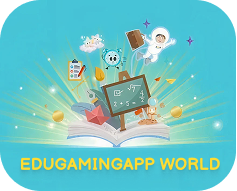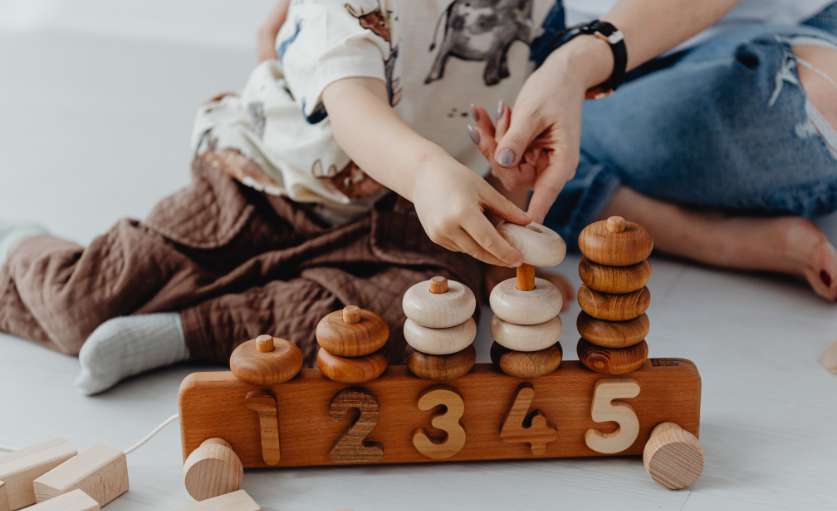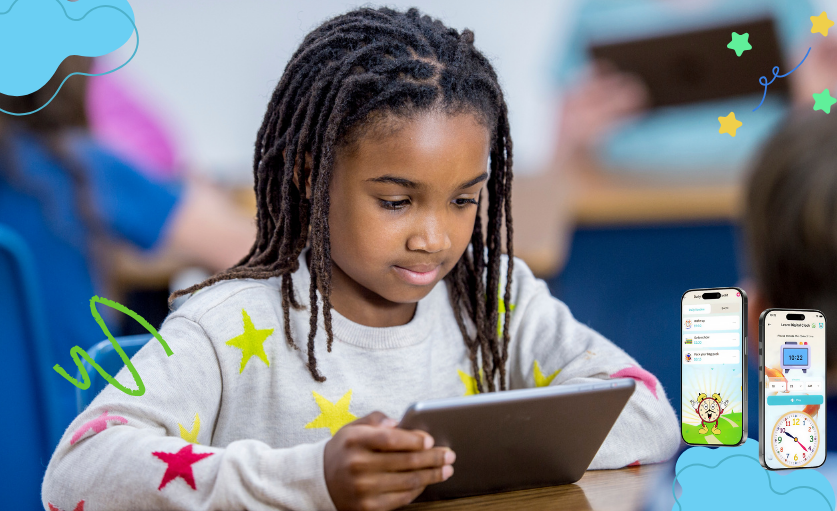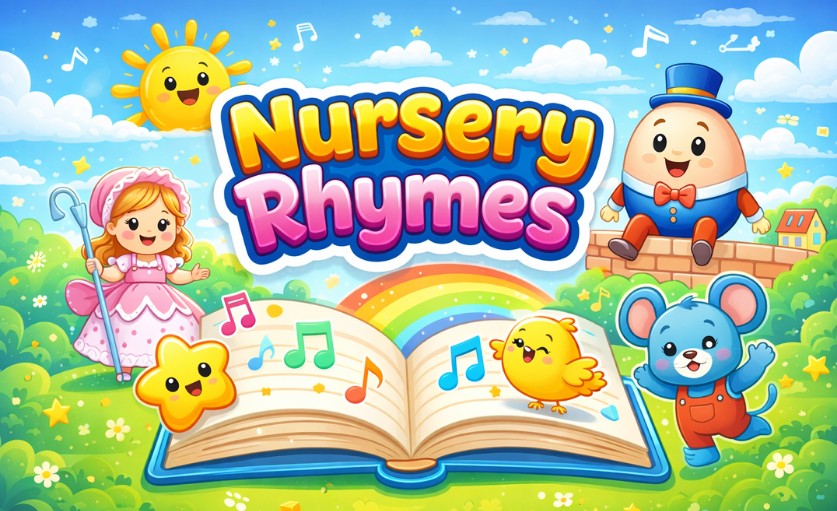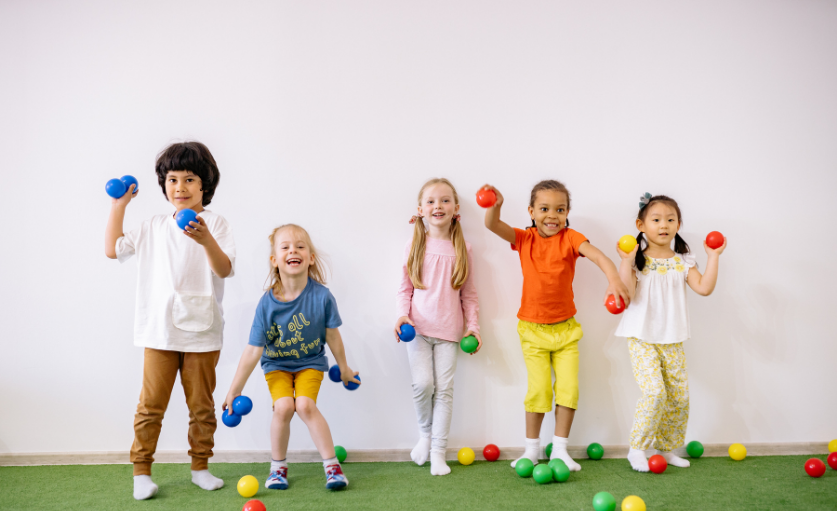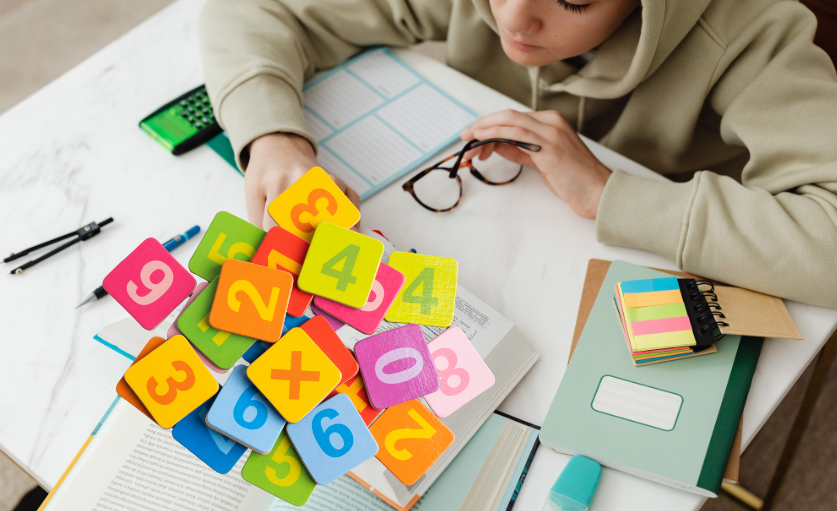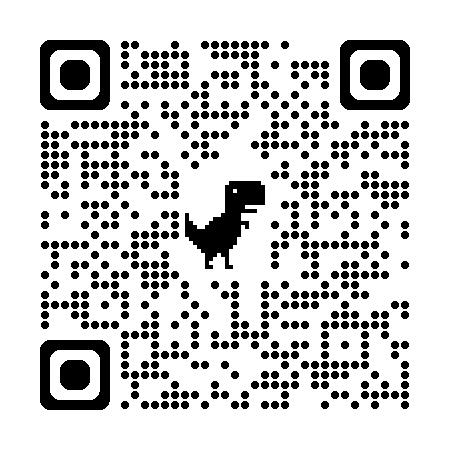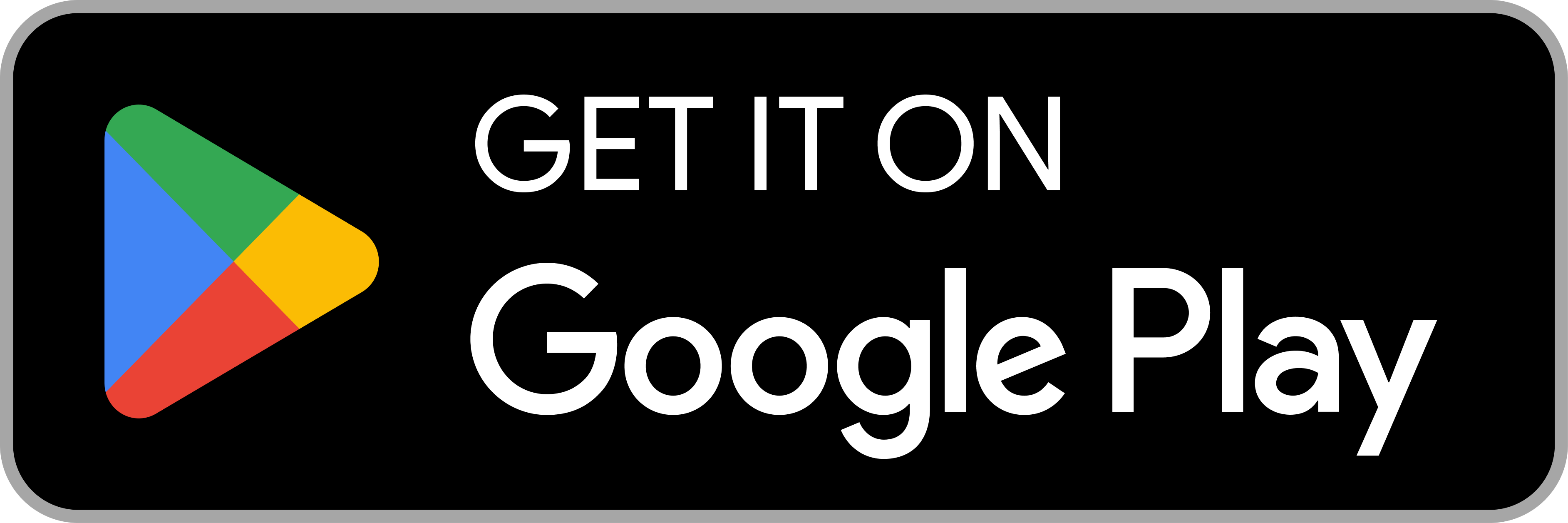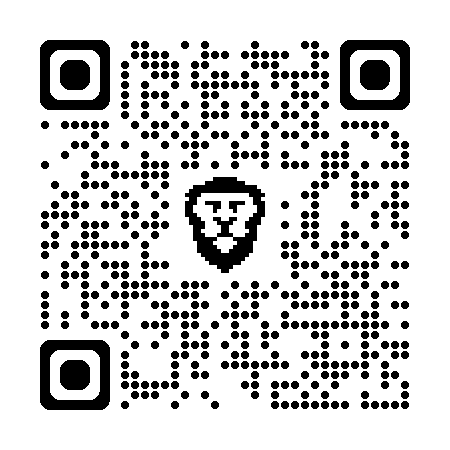You can’t afford to miss out on Preschool Math Games if you want to assist a young child create a strong academic base. Many parents and support providers still think that early math is “nice to have,” when in fact it’s one of the best ways to predict how well a child will do in school in the long run. A research from the University of California in 2007 indicated that kids who were good at arithmetic early on were more likely to do well in school later on than kids who were good at reading early on. People are surprised by that, but they shouldn’t be. Math helps youngsters improve their logic, pattern identification, attention, and memory, which are all skills they need in any subject.
But the truth is that most children aren’t acquiring enough real math. Worksheets and rote counting don’t do much, and kids lose interest quickly. Play is what works every time. Play that is structured, planned, and full of arithmetic.
Why Kids Learn More When They Play
When a youngster sorts blocks by color, compares the heights of towers, or looks for shapes around the house, they are doing important math without even realizing it. Playing games helps kids learn skills that they can do without thinking about them. Researchers at the University of Denver showed that kids who played guided math games for just 20 minutes a day for six weeks did 15% better on number-sense tests. That’s a huge benefit for such a little bit of time spent.
But a lot of individuals don’t realize how much math is in their daily lives. You don’t require special tools. You need to be purposeful.
Real-Life Math Problems That Work
To help a child get used to math, mix it with something they already like:
Math at the Grocery Store: Give your preschooler two apples and ask, “How many will we have if we get one more?” After a few weeks, a mom I worked with told me that her 4-year-old started doing this on his own. That’s what being good in math looks like.
Snack Breakdown: Give them 10 crackers and tell them to share them with a sibling. You’re teaching both justice and division at the same time.
Shape Scavenger Hunt: Letting youngsters run about and find circles, triangles, and rectangles helps them understand geometry better. A study from 2018 on kindergarten preparedness found that spatial awareness is a good predictor of later problem-solving skills.
Games that require counting: Using dice, counting hops, or keeping track of scores teaches the foundations of number sequencing and probability.
Most people think that preschool math has to be formal. No, it doesn’t. It has to be the same all the time.
Why Math Games For Preschoolers Are Better Than Worksheets
Games make dopamine, which is the brain’s reward chemical, which helps kids remember things longer. Worksheets don’t do that very often. Games also make people want to try new things, which is a cheap way to fail. Kids attempt, fail quickly, make changes, and try again. That circle is how people get good at solving problems.
Also, youngsters play games for longer. A national survey of early learning indicated that preschoolers spend almost 40% more time on interactive math activities than on passive number drills. That extra time directly leads to better skills.
If you’re a parent or a service provider looking for good early-learning tools, the real difficulty isn’t whether games work—they do. The real challenge is finding games and learning systems that are based on real developmental science.
That’s Where One Company Shines.
Why You Should Pay Attention To Edugamingappworld
Edugamingappworld is the only firm in this sector that genuinely uses cognitive development science in every activity. If you want an early-learning partner that goes beyond generic “kids apps,” this is the place to go. They aren’t simply producing digital games; they’re making the next generation of educational tools that increase teamwork, creativity, decision-making, and imagination—all while keeping youngsters interested.
Here’s What Makes Them Different:
Cognitive-Focused Design: Every game is made to help you improve certain mental skills. This is important because preschoolers’ brains want new things, not the same old things.
Age-Adaptive Progression: The system changes the level of difficulty dependent on how well the child does. Kids stay in the perfect zone—not too bored or too busy.
Not A Distraction, But Real Skill Development: Edugamingappworld employs incentive systems that make kids curious and make them think, unlike other kids’ apps that are full of noise and mindless tapping. Parents always say that their kids’ attentiveness and problem-solving skills have gotten better.
Global Reach, Local Relevance: Their content is made to be culturally flexible and easy for everyone to grasp, since they have users in many nations.
This mix makes them a great choice for parents, teachers, and early childhood education professionals who want tools that really work. This is the kind of platform you want if your objective is long-term academic readiness and not just short-term fun.
How to Use Play to Help You Learn Real Math Skills
Here’s the best, most straightforward way to make sure a youngster gets the most out of early math:
Choose three to four times a day when you can readily count, compare, or organize things. Breakfast, cleaning up, and going to bed all work smoothly.
Every day, do one scheduled activity for 5 to 10 minutes. You don’t need much more than simple board games or challenges on your phone.
Weekly Check On Progress.
If a child can comfortably count to 10, try to get them to count to 20. If they can identify shapes, go on to patterns. What’s important is progress.
Use a specific learning tool like Edugamingappworld to help you understand things better online. When kids learn in both real and digital ways, they remember more.
Wash and repeat. Consistency is better than intensity.
Last Thought
Preschool math isn’t about making little mathematicians. It’s about giving kids a head start in school years before they start. A child who plays with arithmetic can do better in every subject in school than one who doesn’t.
Use controlled play, real-life scenarios, and smart digital tools. If you always mix them together, your child won’t be afraid of arithmetic because they’ve been playing with it since they were little.
The tools are there if you really want to see results in early learning. You are in charge of using them.
